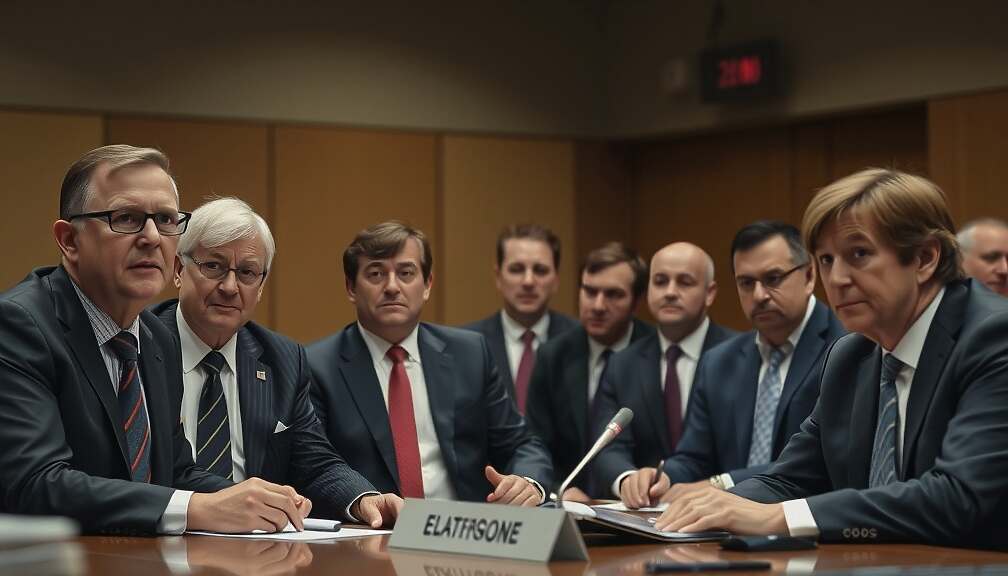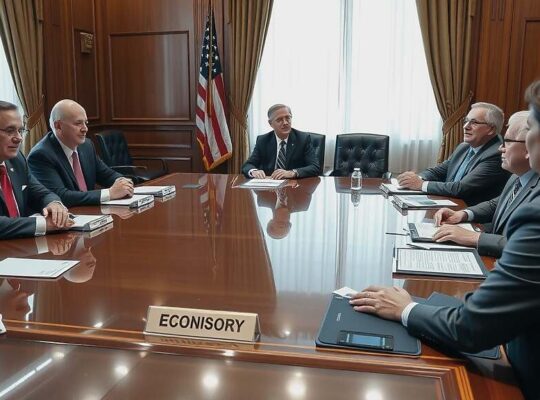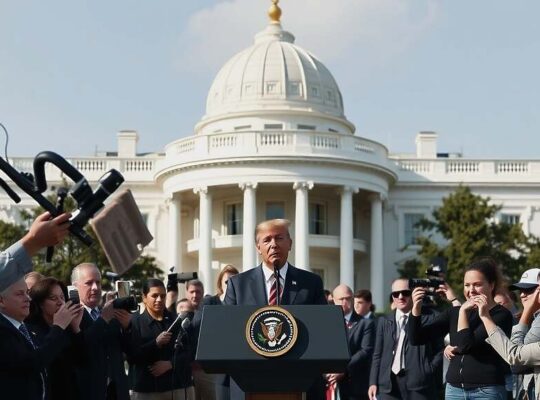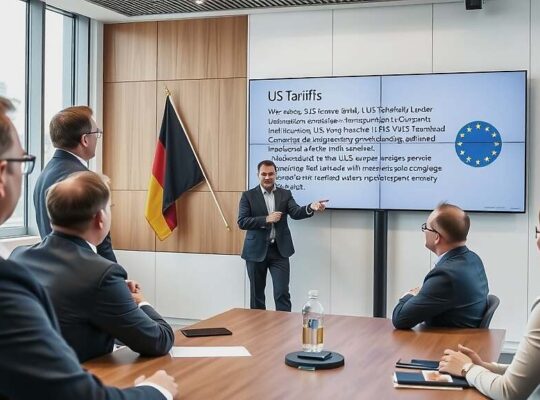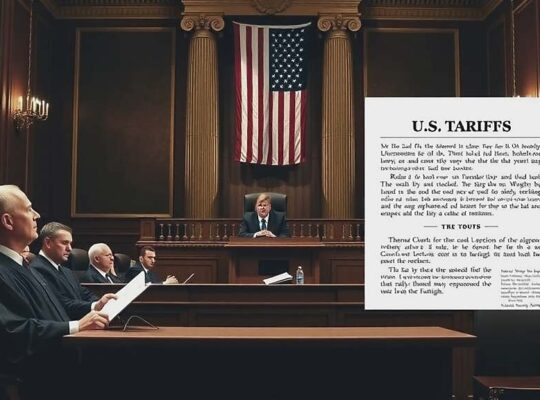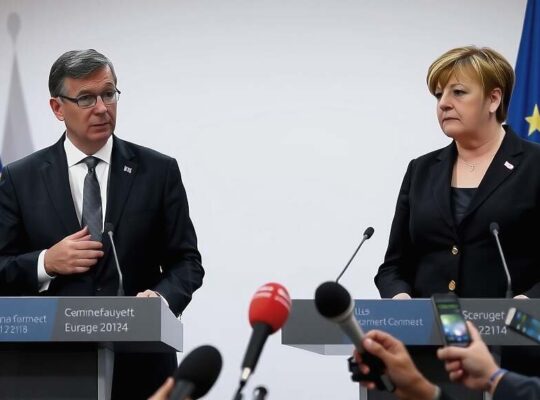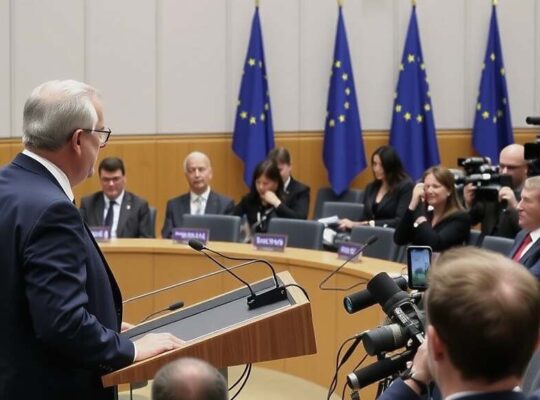The European Union faces a potentially pivotal week in trade negotiations with the United States, marked by internal divisions and growing concerns among certain member states. Reports suggest a heightened skepticism regarding Commission President Ursula von der Leyen’s approach, with some fearing a disproportionately unfavorable agreement.
According to sources cited in the Handelsblatt, diplomats and politicians within skeptical nations are questioning whether concessions being considered are justified, especially given the potential alternative of President Trump escalating tariffs on automobiles to 50%. While a rapid resolution is being pushed by countries including Germany and Italy, the potential political ramifications are drawing scrutiny.
A briefing delivered by von der Leyen’s cabinet chief, Björn Seibert, to the 27 permanent representatives of the EU governments in Brussels on Friday painted a sobering picture. Participants revealed that the United States has offered limited concessions and that President Trump is now reportedly threatening new tariffs on European agricultural products.
Critics are warning that a deal reached under these conditions could pose a significant political risk for President von der Leyen. Some express concern that she would be irrevocably tied to a potentially detrimental agreement, potentially triggering a decline in her political standing. The coming days are anticipated to be crucial in determining the final outcome of the negotiations and the internal cohesion of the EU’s response.


